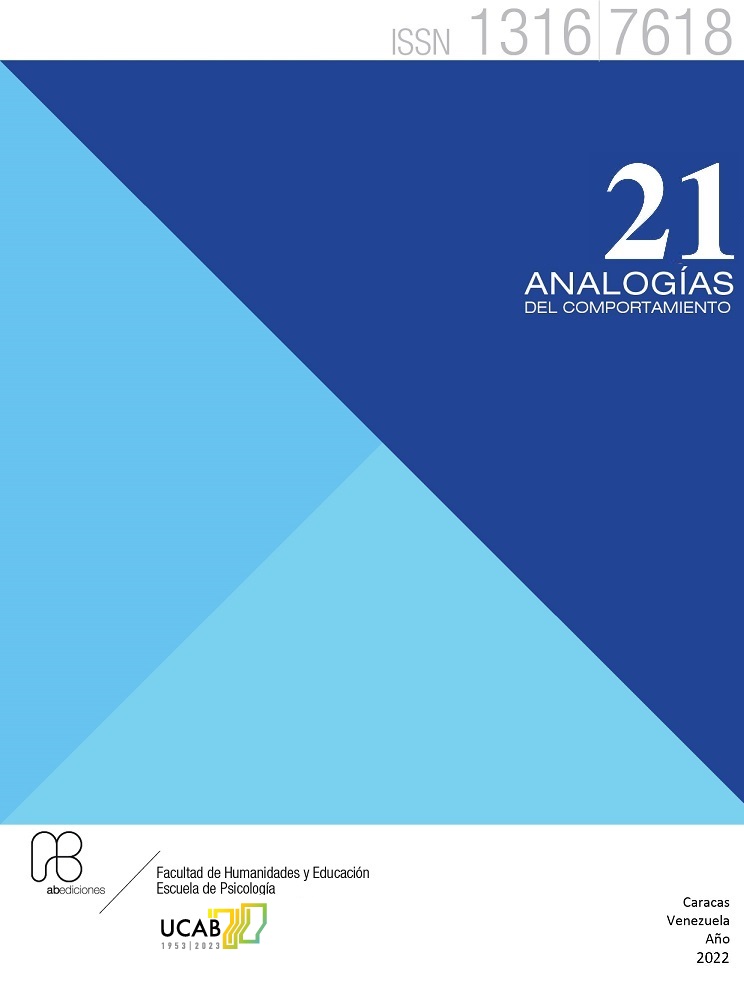Stigma towards mental illness in undergraduate psychology students at the Arturo Michelena University
Keywords:
: Stigma, Mental Illness, Mental Health, Psychology, Attribution.Abstract
Stigma towards mental illness is a barrier for vulnerable populations to access mental health care services. This problem can exist in the family, community, educational, work environment and, also, in the personnel who provide health and mental health care. General objective: to determine the levels of stigma towards mental illnesses in a sample of psychology students from the Arturo Michelena University. Specific objectives: 1. Identify the main risk factors in the levels of stigma towards mental illnesses. 2. Analyze the difference in the levels of stigma between students who have family members diagnosed with a mental, neurological or substance use disorder and those who do not. 3. Suggest intervention strategies to reduce stigma levels. Methodological approach: quantitative research, descriptive level, non-experimental design. A sample of 212 students was surveyed through the Attribution Questionnaire (AQ-27-E) in virtual mode. The data obtained were analyzed using descriptive statistics. Results and conclusions: the stigma factors resulted with the following scores: dangerousness (11.38), fear (9.04), avoidance (17.10), responsibility (9.52), mercy (16.90), help (23.83), anger (7.69), segregation (12.44) and coercion (20.60). Ergo, there are no significant levels of stigma. The only stigmatizing factor was coercion. Participants with family members diagnosed with MNS disorders showed slightly lower levels of stigma.



